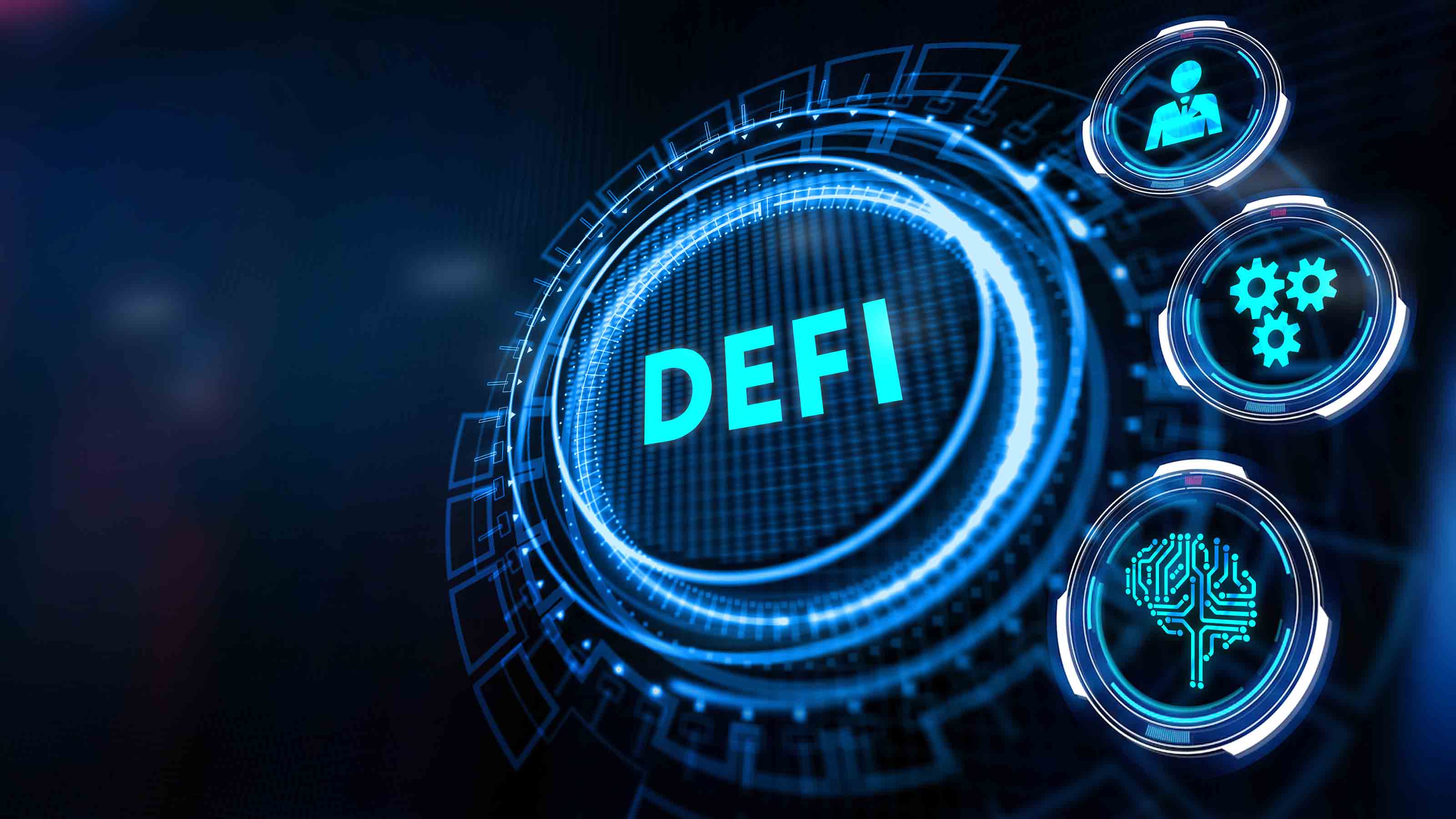Quote from
ag on October 28, 2023, 4:23 pm
Decentralized Finance (DeFi): Revolutionizing Financial Systems
Decentralized Finance (DeFi) represents a transformative movement within the financial landscape. It leverages blockchain technology to create an open and inclusive financial system that operates independently of traditional intermediaries, providing users with direct control over their assets and transactions.
One of the fundamental aspects of DeFi is its facilitation of various financial services, including lending, borrowing, trading, and yield farming, without the need for centralized authorities. Smart contracts, powered by blockchain, automate these functions, enabling peer-to-peer transactions and reducing the need for intermediaries.
Lending and borrowing are significant components of the DeFi ecosystem. Platforms like Compound and Aave enable users to lend out their crypto assets and earn interest, while others can borrow these assets by providing collateral, thereby creating a decentralized lending market.
Decentralized exchanges (DEXs) such as Uniswap and SushiSwap offer trading functionalities, allowing users to swap tokens directly without the need for a central entity, offering more control and privacy in transactions.
Yield farming or liquidity mining is another prominent concept in DeFi. It involves users providing liquidity to DeFi protocols and earning rewards or fees in return, contributing to the ecosystem's liquidity and receiving incentives in the form of additional tokens.
Security and trust are paramount in DeFi. While it offers numerous opportunities, the space has encountered challenges such as smart contract vulnerabilities and potential risks. Users must conduct thorough research, due diligence, and utilize reputable platforms to mitigate such risks.
The growth of the DeFi space has been exponential, with total value locked (TVL) in DeFi protocols surging to billions of dollars. This rapid expansion indicates growing interest and adoption of decentralized financial services.
DeFi's impact extends beyond financial inclusivity. It has the potential to provide banking services to the unbanked and underbanked globally, enabling access to financial services without the need for traditional institutions.
As the DeFi ecosystem evolves, new innovations and projects continue to emerge, exploring new frontiers such as decentralized insurance, prediction markets, and governance models, further expanding the boundaries of decentralized finance.
In summary, DeFi is reshaping the financial industry, democratizing access to financial services and disrupting traditional banking systems. However, as the space continues to evolve, it is essential for participants to exercise caution, adapt to regulatory changes, and engage responsibly in this innovative, decentralized financial revolution.
Decentralized Finance (DeFi): Revolutionizing Financial Systems
Decentralized Finance (DeFi) represents a transformative movement within the financial landscape. It leverages blockchain technology to create an open and inclusive financial system that operates independently of traditional intermediaries, providing users with direct control over their assets and transactions.
One of the fundamental aspects of DeFi is its facilitation of various financial services, including lending, borrowing, trading, and yield farming, without the need for centralized authorities. Smart contracts, powered by blockchain, automate these functions, enabling peer-to-peer transactions and reducing the need for intermediaries.
Lending and borrowing are significant components of the DeFi ecosystem. Platforms like Compound and Aave enable users to lend out their crypto assets and earn interest, while others can borrow these assets by providing collateral, thereby creating a decentralized lending market.
Decentralized exchanges (DEXs) such as Uniswap and SushiSwap offer trading functionalities, allowing users to swap tokens directly without the need for a central entity, offering more control and privacy in transactions.
Yield farming or liquidity mining is another prominent concept in DeFi. It involves users providing liquidity to DeFi protocols and earning rewards or fees in return, contributing to the ecosystem's liquidity and receiving incentives in the form of additional tokens.
Security and trust are paramount in DeFi. While it offers numerous opportunities, the space has encountered challenges such as smart contract vulnerabilities and potential risks. Users must conduct thorough research, due diligence, and utilize reputable platforms to mitigate such risks.
The growth of the DeFi space has been exponential, with total value locked (TVL) in DeFi protocols surging to billions of dollars. This rapid expansion indicates growing interest and adoption of decentralized financial services.
DeFi's impact extends beyond financial inclusivity. It has the potential to provide banking services to the unbanked and underbanked globally, enabling access to financial services without the need for traditional institutions.
As the DeFi ecosystem evolves, new innovations and projects continue to emerge, exploring new frontiers such as decentralized insurance, prediction markets, and governance models, further expanding the boundaries of decentralized finance.
In summary, DeFi is reshaping the financial industry, democratizing access to financial services and disrupting traditional banking systems. However, as the space continues to evolve, it is essential for participants to exercise caution, adapt to regulatory changes, and engage responsibly in this innovative, decentralized financial revolution.
Uploaded files:










